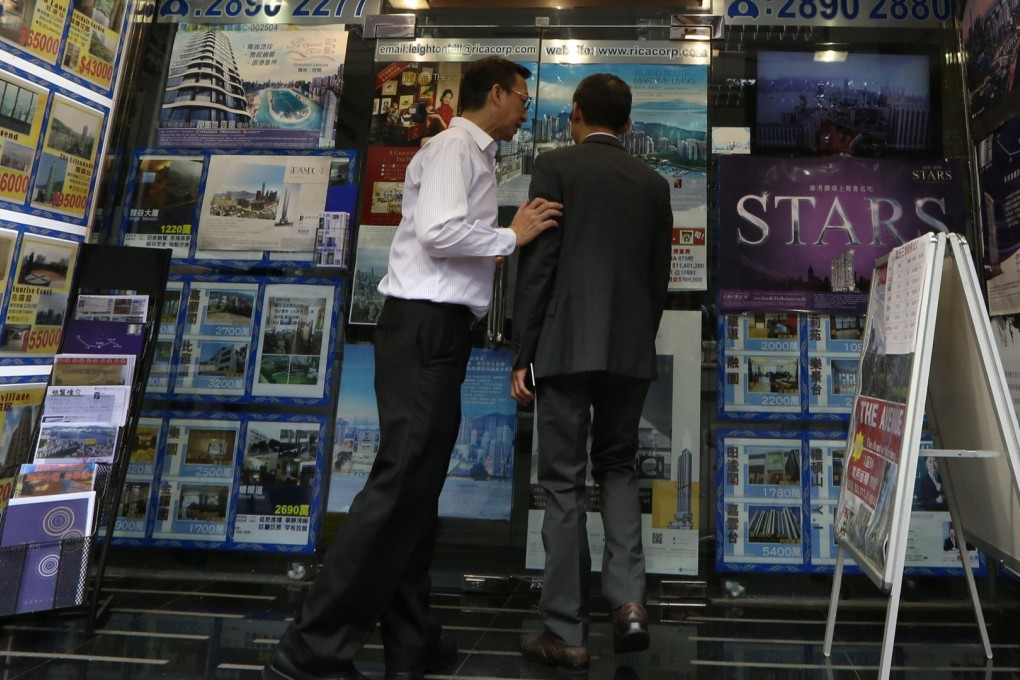Concrete Analysis | Hong Kong real estate: start buying if prices drop 50 per cent
A 50pc fall in property prices would translate into cheaper products and services in the overall economy, though rents would fall at a slower pace

In the past few weeks there has been talk of imminent real estate price drops for Hong Kong, with guesses ranging from a few per cent to 50 per cent. This might sound like a lot but if you were to dig deeper into the price index series, a 50 per cent drop would just put us back to around 2009 - right at the start of the US quantitative easing (QE) monetary policy.
This author does do not have a crystal ball and in these days of bigger-than-life central bankers, some of the old school, traditional/technical/fundamental analytical methods might not even work too well.
Nonetheless, there is no stopping one from imagining what it would be like if Hong Kong real estate prices did drop by 50 per cent.
What would a 50 per cent drop in property prices do to the economy?
1) Things will become cheaper, real estate included of course. If previously you could buy two properties, now you could acquire four with the same budget, or two with half the budget. Not only that, most commodities and services could be bought for less. Instead of paying HK$31 for a breakfast, you might even get it for HK$13!
2) Rents would also drop. However, based on the 1997 to 2003 experience, rents overall might drop at a slower pace than prices, i.e. it is likely the rental yield would improve. This in turn means there is a chance that the (nominally) lower rents actually carry higher purchasing power.
Barring unexpected circumstances, this author would be enticed to start investing when and if prices do drop 50 per cent, especially for competitive locations. There are hurdles though.
a) Buyers need staying power to hold their property as it is unlikely such a debacle would be over within months - more like years, say three to five. So one must have sufficient staying power after purchase.